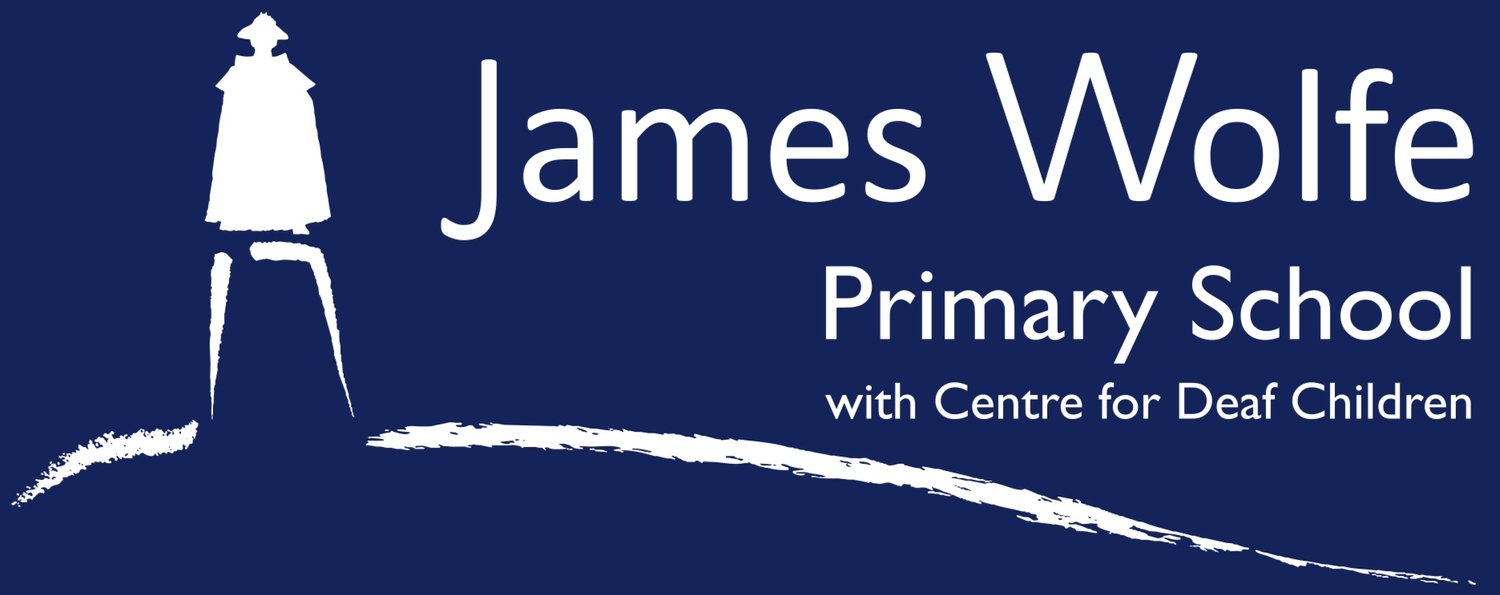The Power of Feedback
Effective feedback in writing can have a high effect on learning and can lead to up to 7 months progression in learning. Feedback is most effective when it is delivered by teachers. Effective feedback may take many forms such as pupil conferencing, verbal feedback, peer feedback and written feedback.
Verbal Feedback on Word Sounds - Reception
In Reception, the children have started to write simple sentences independently using their Phase 2 and 3 sounds. Teachers provide verbal feedback ‘in the moment’ to support pupils with editing their work.
Story Redrafts Based on Feedback - Year 2
In Y2 children have been redrafting their stories. Through verbal feedback teacher advises the children how to rephrase and amend their work to improve it. This enables children to improve their work with a focus on key skills and redrafting a sentence.
Marking of One’s Own Work - Year 3
In Y3 children are working on self marking, through group and class feedback with the teacher. This focuses on improving spellings as children mark their own spellings taking ownership over their own learning.
Using Critique to Improve - Year 6
In Y6 children have been conferencing with their teachers, receiving detailed verbal feedback to help their edits, before rewriting the improved version in green pen.




